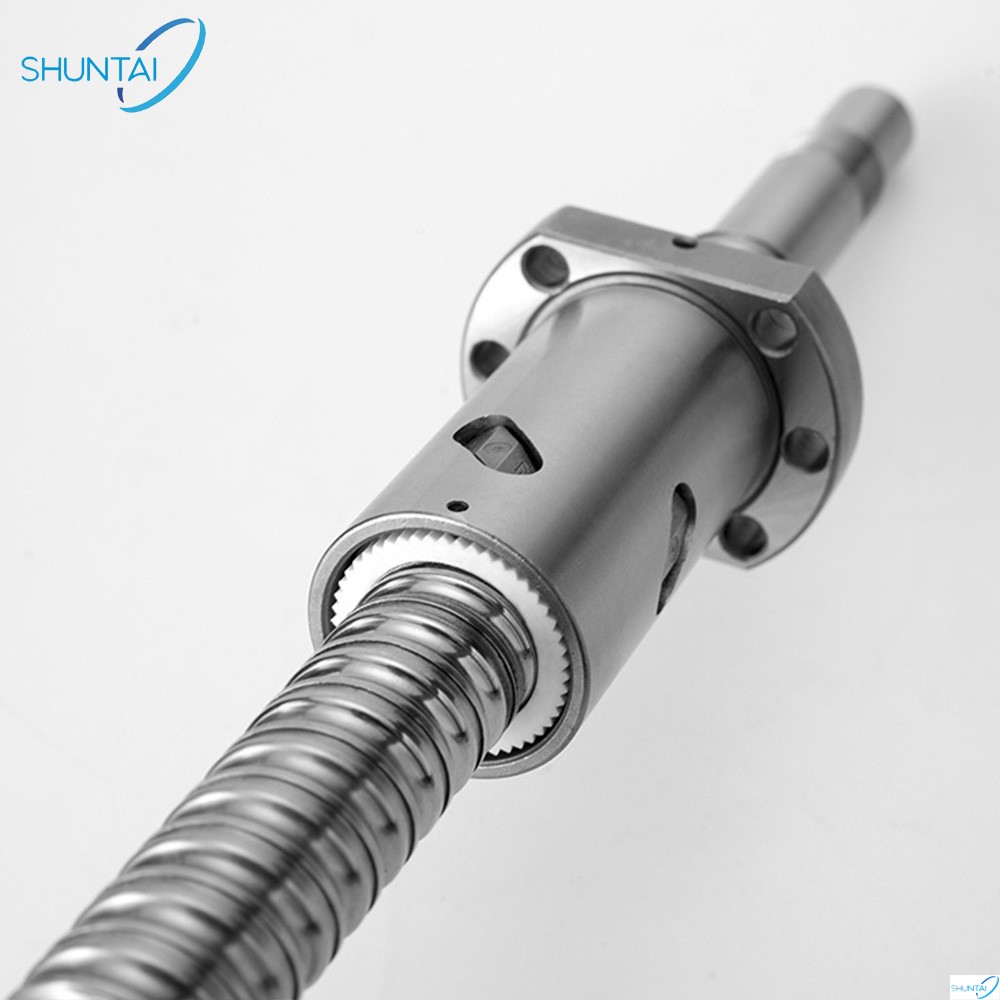Ball screws can be relatively expensive due to several reasons:
1. Precision Manufacturing: Ball screws require high precision manufacturing processes to achieve tight tolerances and smooth operation. The manufacturing process involves grinding the screw thread and the matching ball nut to ensure optimal fit and minimal backlash. This precision manufacturing adds to the overall cost.
2. Quality Materials: Ball screws are typically made from high-quality materials such as hardened steel for the screw and a nut made from materials like bronze or steel. The selection of these materials ensures durability, corrosion resistance, and long operational life, but they can be costly.
3. Complex Design: The design of ball screws involves a complex configuration with multiple components such as balls, circulation systems, and seals. The precise engineering and fitting of these components to minimize friction, increase efficiency, and reduce wear contribute to the higher cost.
4. Performance and Efficiency: Ball screws offer advantages over other types of screws in terms of performance, such as high load capacity, accuracy, and minimal backlash. Achieving these performance characteristics requires high-quality materials and precision manufacturing, which can drive up the cost.
5. Specialized Applications: Ball screws are commonly used in applications that require precise linear motion, such as CNC machines, servo systems, robotics, and aerospace equipment. The specialized nature of these applications often demands stringent requirements, leading to higher costs.
While ball screws may seem expensive compared to other screw types, their performance, accuracy, and durability make them valuable in many industrial and high-precision applications.
